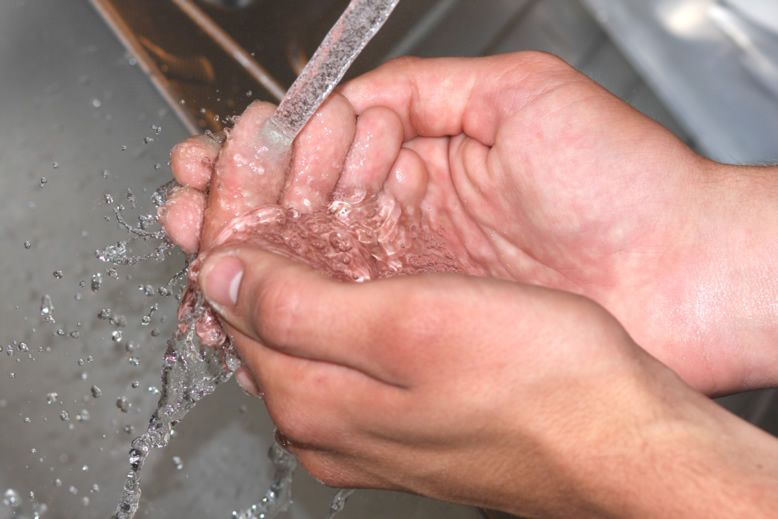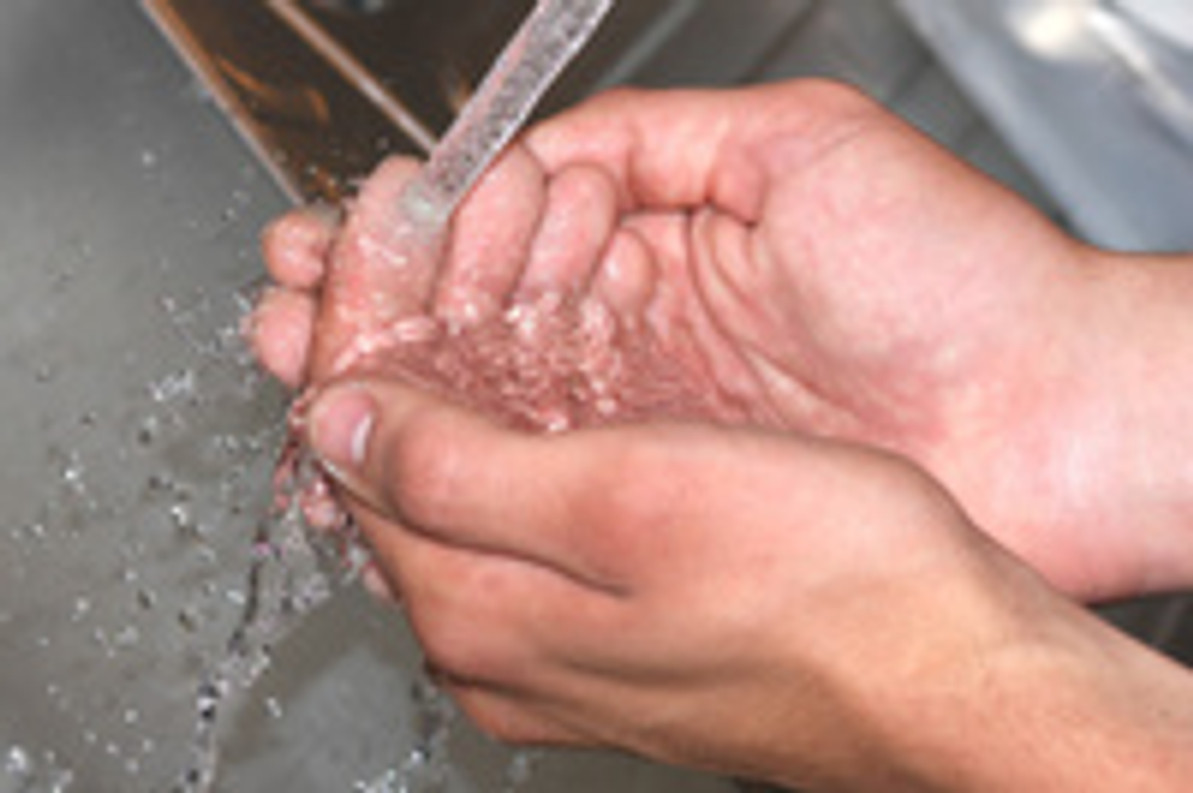MRSA In The Workplace

Methicillin-resistant Staphylococcus aureus (also known as MRSA) is a potentially deadly type of drug-resistant bacteria that's closely associated with staph infections. When the bacterium enters the body (usually through a small cut), it will spread and reproduce -- behavior that's similar to other forms of infections. What makes MRSA different, however, is that antibiotics and drugs commonly used to fight infections have little-to-no effect.
Is MRSA Really a Threat?
The Centers for Disease Control and Prevention (CDC), estimates that some 18,000 people in the U.S. die from MSRA-related illness each year. Employers should familiarize themselves with MSRA and take the appropriate actions to prevent infection. A few years back, the NFL team, the Tampa Buccaneers, had a MRSA outbreak which resulted in the infection of several of its players. So, how can you reduce the risk of MRSA in your workplace?
MRSA Signs and Symptoms
The first step in creating a safe, MRSA-free working environment is to identify the signs and symptoms of infection. Unfortunately, infectious aren't always to spot, as they often mimic the symptoms of other, less-severe infections. As the infection progresses, however, it may form a pus-filled sac (or boil) directly under the skin. The sac will continue to grow in size until the the infection is healed.
Tips To Reducing The Risk of MRSA In The Workplace:
- Encourage workers to cover up cuts, scrapes and other injuries with proper bandages (note: employers are responsible for keeping first-aid supplies readily available).
- Encourage workers to wash hands frequently using soap and warm water.
- Place several bottles of alcohol-based hand sanitizer throughout your workplace.
- Encourage workers to wear gloves when operating tools and machinery.
Other Tips
It's important to note that the only way for MRSA to spread is from contact with a person who is already infected. The CDC published an article on its website, stating that employers should force infected workers to go home until their wound has healed. Granted, the employee may lose valuable work hours, and the employer may lose productivity, but that's a small price to pay for preventing a full-blown MRSA outbreak in the workplace. If you believe a worker is infected with MRSA, don't hesitate to send him or her home.
Lastly, try to get into the habit of sanitizing any and all surfaces in your workplace on a regular basis. There's no need to spend hundreds of dollars on overpriced cleaning solutions, as traditional bleach is known to effectively kill this drug-resistant bacteria.
Recent Posts
-
Fire Safety in the Workplace: What You Need to Know
What steps are you taking to prevent fires in your workplace? According to the U.S. Occupational Saf …Aug 23rd 2023 -
Is It Safe to Go Jogging With a Cold Infection?
If you're suffering from a cold infection, you might be wondering whether it's safe to go jogging. T …Aug 22nd 2023 -
5 Safety Tips to Follow When Using a Powder-Actuated Tool
Powder-actuated tools are commonly used to join materials to steel and concrete. Also known as Hilti …Aug 20th 2023




